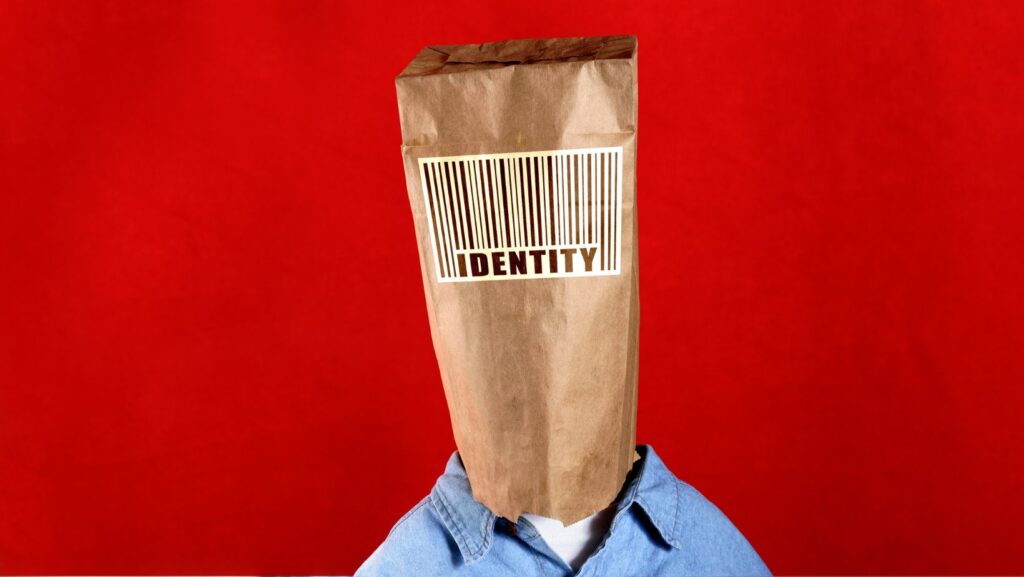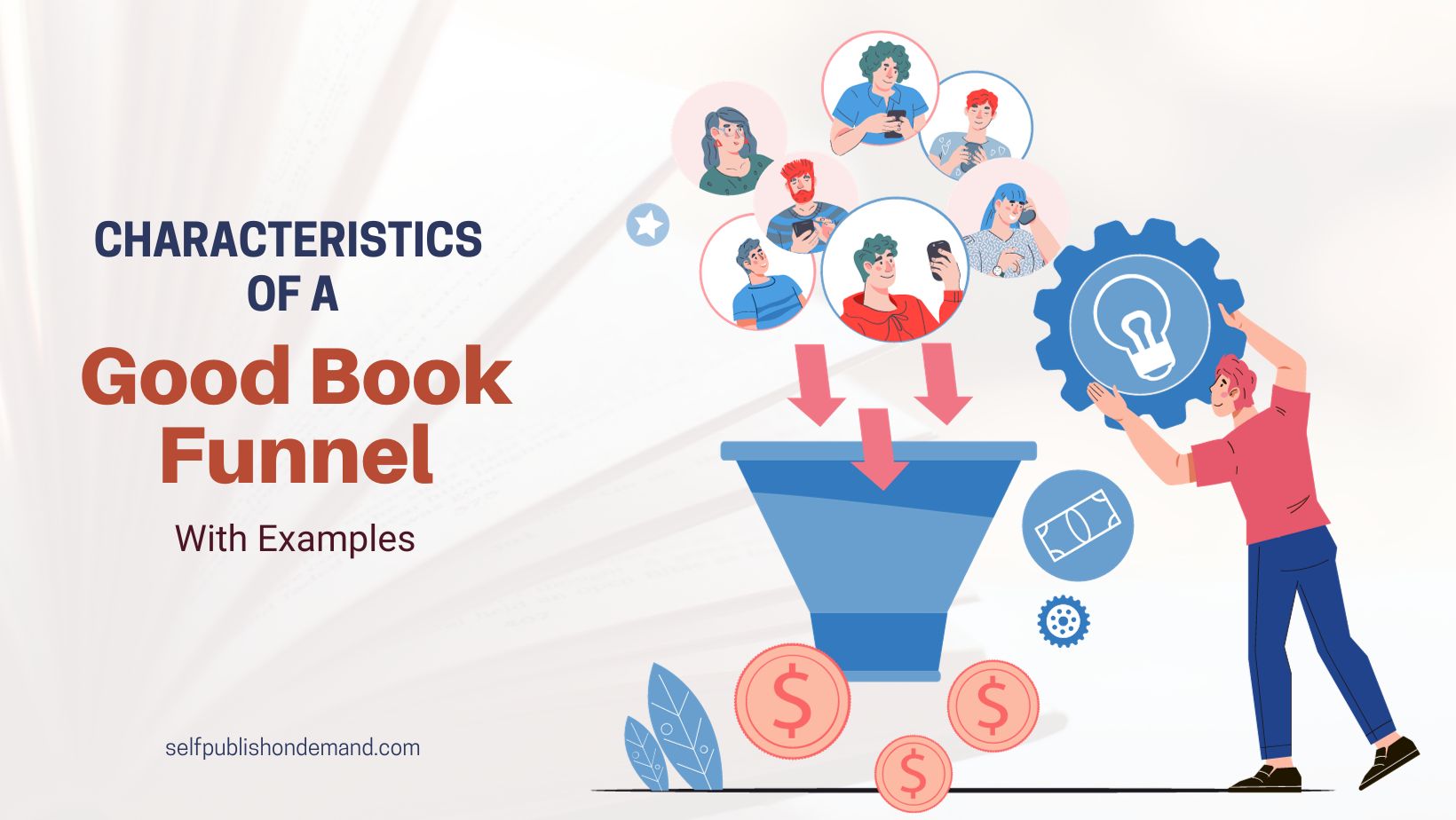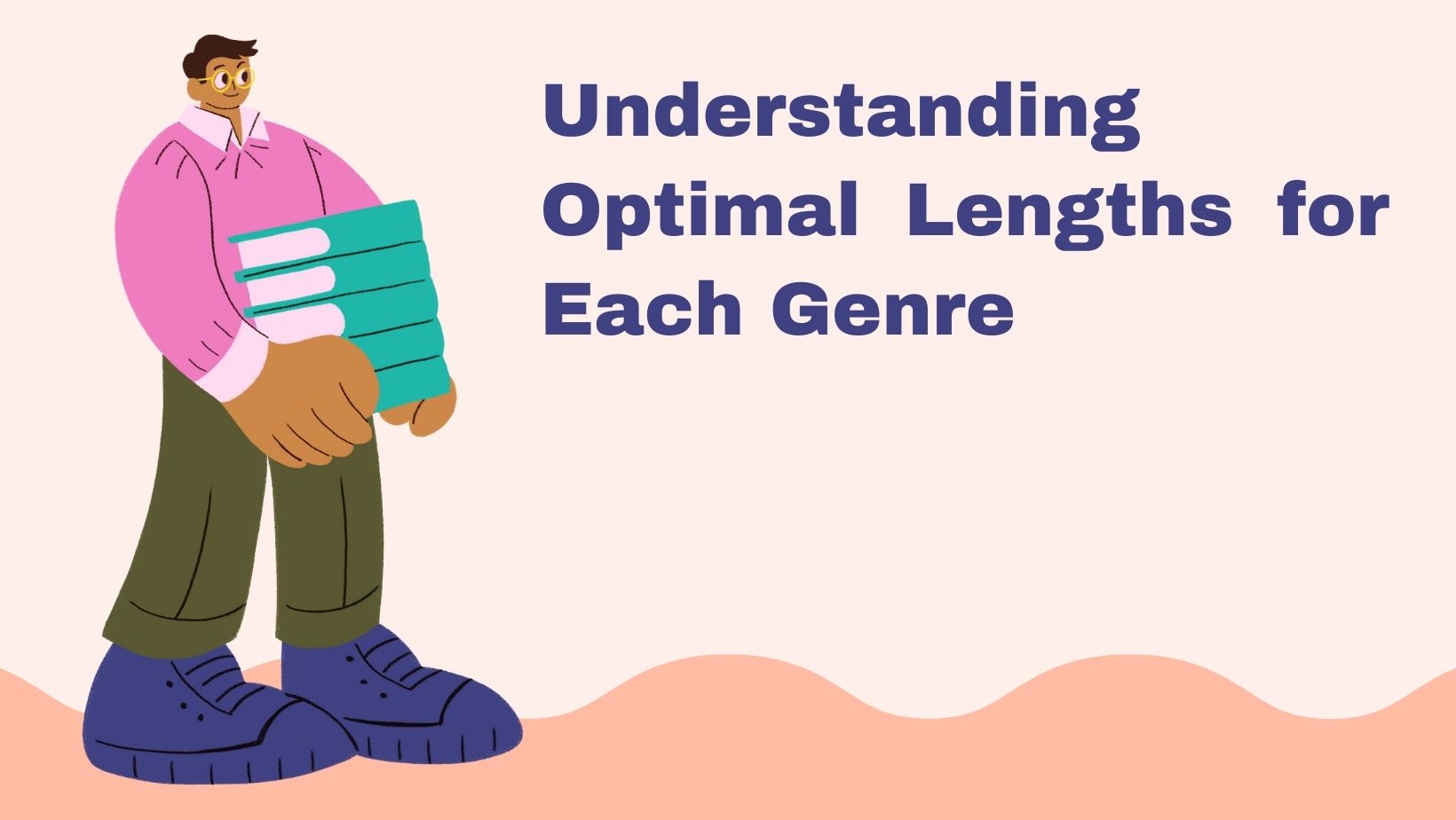The process of getting your own ISBN is demanding and can take some time. However, there are many benefits that come with having your own ISBN. The first is that you will be able to register your book with the Library of Congress and make it easier for people to find. Secondly, many bookstores will refuse to stock books without an ISBN. The good news is that there are a few way to get Free ISBN.
ISBN numbers are 10 digits. The first 5 is the country code and the next 5 is the publisher identifier number. So, if you are from Canada, your ISBN number would be 978-1-123-45678-9. If you are an independent publisher, your ISBN number will be 978-1-123-45678-9, but only if it’s not being published by a company such as Simon & Schuster or HarperCollins. If the book is being published by a company, the ISBN number will be 978-1-4545-7890-2.
Table of Contents
What is an ISBN?
An ISBN is a unique identifier for a given book. The International Standard Book Numbering (ISBN) system is used to identify books, magazines, and other printed materials. An ISBN is a unique number that identifies books and other publications. It is used for tracking and identification purposes. The purpose of the ISBN is to provide a way for buyers to know what they are buying.
The International Standard Book Number (ISBN) system was created to identify books and other publications. The ISBN identifies the title, publisher, and author of a book or publication. The ISBN also specifies the language of the book or publication, along with certain publishing details such as date of publication, price, edition number and so on. Publishers assign an ISBN to all new titles they publish, either as they are published or in advance of their release date.
Why You Need Your Own Free ISBN and How to Get One?

If you are an author, a publisher, or a self-publisher, then you need your own ISBN number. This is the industry standard for identifying books and it’s required to sell your book in any store.
An ISBN is a 13-digit number that uniquely identifies a book. It is used to track and identify different editions of the same book from one another. The International Organization for Standardization (ISO) assigns these numbers to publishers internationally and they are divided into 10 regions with numbers being assigned according to the region it was issued in. There are over 100 countries that issue ISBNs which makes them an internationally recognized standard for identifying books.
The Benefits of Your Own ISBN for Your Book
It is important to have your own ISBN number if you want to publish your book. This number is used by bookstores and libraries to identify a specific book. It can also be used as a marketing tool.
The ISBN number is the most basic way in which publishers are able to identify a specific title, and it’s an important part of the publishing process.
The Drawbacks of a Free ISBN
An ISBN is a unique identifier for books. It can be purchased from the International Organization for Standardization. The benefits of Free ISBN as it is free, nothing beat free. But there are few disadvantages of using a free ISBN for your book.
The disadvantages of an free ISBN are as follows:
The lack of quality control.
ISBNs are a widely used resource for booksellers, libraries, and readers to identify the publishing company of a book. There have been some concerns about the lack of quality control in ISBNs supplied by private entities.
Difficulty in tracking and identifying the book.
An ISBN is a 13 digit number that uniquely identifies any book. It is the most important piece of information that can be included on a book to get it out there in the world. An ISBN can be purchased for as low as $125, but if you are publishing free books, getting an ISBN can be difficult.
Lack of professional credibility and recognition.
ISBNs are an important part of marketing because they establish credibility and recognition for a product. They are usually issued in the form of a 13-digit number (sometimes 10 digits) that uniquely identifies books and other literary works. ISBNs have been around since the 1980s, when they were introduced by International Standard Book Numbers (ISBN).
Consider third-party ISBN
Beside free and paid ISBN’s, there is a third type of ISBN you should consider. Which is a third-party ISBN. A third-party ISBN fall into the middle of free and paid ISBN. The third-party ISBN is similar to the paid ISBN, but the imprint name (publisher name) of that ISBN will be someone else. There are website that purchase ISBN’s in bulk and resell that ISBN to self-publishing author at the low cost. Once you purchase or get ISBN from official ISBN Agency in your countries, you get to use your own Publisher name. But with third-party ISBN, you won’t.
Final Thought
Navigating the world of ISBNs can seem daunting, but it’s a crucial step in your publishing journey. By understanding the process of obtaining a free ISBN and its implications, you can make a decision that best aligns with your authorial goals. Remember, every choice you make in your publishing journey shapes your path as an author, so choose wisely!
ISBNs are important for authors who want to sell their books, but if you’re just starting out and don’t want to invest in a large number of books, you can get away without having one. You should definitely have one if you plan to sell your book, but if you’re just looking for a way to get your book out there, you can use our free ISBN generator to get one. You can find out more about Free ISBN here: https://freeisbn.com/



